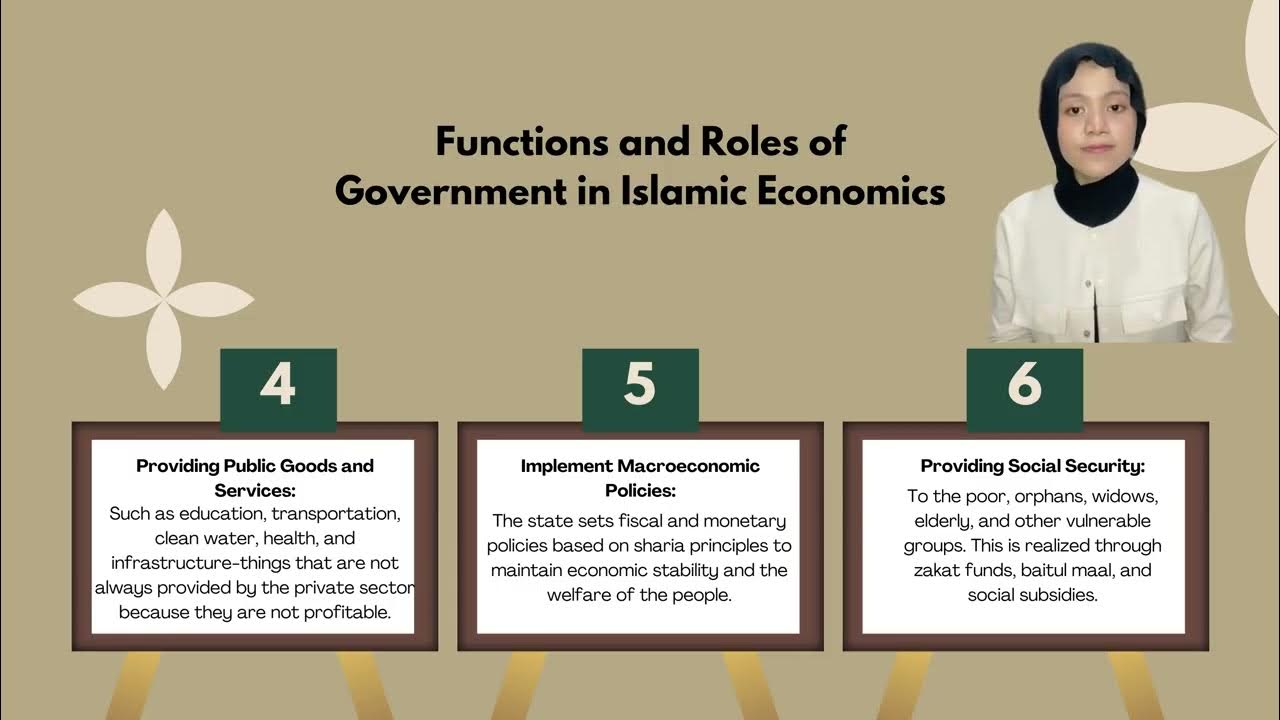What Is Social Justice?
Summary
TLDRThis script highlights the importance of social justice in creating a fair and equitable society. It emphasizes the need for equal access to resources like education, healthcare, and opportunities, regardless of a person’s background or socio-economic status. Key principles of social justice, such as access to resources, participation, diversity, human rights, and equity, are explored. The script stresses that social justice aims to uplift marginalized groups, provide opportunities, and ensure that everyone can thrive by removing systemic barriers and promoting inclusivity for all.
Takeaways
- 😀 Social justice is about fairness, where everyone is treated equally regardless of their background or social status.
- 😀 It ensures that basic needs like food, healthcare, and shelter are accessible to all individuals in society.
- 😀 Social justice promotes equity by providing tools that match individuals' specific needs and socio-economic status to ensure equal outcomes.
- 😀 Participation in decision-making is crucial for social justice, allowing everyone to voice their opinions and concerns.
- 😀 Discrimination based on factors like race, gender, and ethnicity creates inequality, and social justice seeks to address and eliminate these barriers.
- 😀 Access to resources such as education and healthcare must be equal for all individuals, regardless of socio-economic background.
- 😀 Human rights form the foundation of social justice, and those who violate these rights should be held accountable.
- 😀 Diversity is key to social justice, ensuring that policies account for the unique challenges faced by different groups in society.
- 😀 Equity is different from equality; equity tailors support to individual needs to ensure everyone can reach similar outcomes.
- 😀 Social justice aims to create a society where everyone has equal access to cultural, political, and economic resources.
- 😀 Social justice fights for the rights of marginalized groups and ensures no one is excluded from opportunities in society.
Q & A
What is the core principle of social justice?
-The core principle of social justice is equity and fairness, ensuring that all individuals are treated equally regardless of their background, social status, or other factors.
How does social justice relate to human rights?
-Social justice is closely tied to human rights, as both focus on protecting and respecting the rights of all individuals. Social justice cannot exist without the respect for human rights, as they are foundational to a just society.
What are the five main principles of social justice?
-The five main principles of social justice are access to resources, participation, diversity, human rights, and equity.
Why is access to resources important for social justice?
-Access to resources is crucial because it ensures that individuals from all socio-economic backgrounds have the same opportunities to succeed. Unequal access to resources can perpetuate social inequality.
What is the role of participation in social justice?
-Participation allows individuals to voice their opinions and concerns, giving them a role in decision-making that affects their lives. Without participation, decisions may be made without considering the needs of all groups in society.
How does the concept of diversity relate to social justice?
-Diversity is important in social justice because it acknowledges that certain groups face more barriers than others. Recognizing and addressing these barriers helps create a more inclusive society where all groups have equal opportunities.
How do human rights intersect with social justice?
-Human rights are a foundational aspect of social justice. A society that protects human rights ensures that all individuals can live with dignity and equality. Violations of these rights undermine social justice.
What is the difference between equity and equality in social justice?
-Equity involves providing tools and resources specific to individuals' needs to ensure they can achieve similar outcomes, while equality means offering the same tools to everyone, regardless of their needs.
What are some challenges in achieving social justice?
-Challenges in achieving social justice include systemic barriers, discrimination, unequal access to resources, and societal structures that perpetuate inequality.
What role do marginalized groups play in the pursuit of social justice?
-Marginalized groups are often the focus of social justice efforts, as they have historically faced discrimination. Social justice seeks to uplift these groups by ensuring they have equal access to opportunities and resources.
Outlines

Этот раздел доступен только подписчикам платных тарифов. Пожалуйста, перейдите на платный тариф для доступа.
Перейти на платный тарифMindmap

Этот раздел доступен только подписчикам платных тарифов. Пожалуйста, перейдите на платный тариф для доступа.
Перейти на платный тарифKeywords

Этот раздел доступен только подписчикам платных тарифов. Пожалуйста, перейдите на платный тариф для доступа.
Перейти на платный тарифHighlights

Этот раздел доступен только подписчикам платных тарифов. Пожалуйста, перейдите на платный тариф для доступа.
Перейти на платный тарифTranscripts

Этот раздел доступен только подписчикам платных тарифов. Пожалуйста, перейдите на платный тариф для доступа.
Перейти на платный тарифПосмотреть больше похожих видео

Rawls, A Theory of Justice, Part I, Ch 1, Section 1, The Role of Justice

Hakekat Sila Ke 5 Pancassila

Materi PPKn Kelas 10 - Mengelola Kebhinekaan Sebagai Modal Sosial Pembangunan Nasional

John Rawls' Theory of Justice

Group 12-THE ROLE OF GOVERNMENT IN THE ISLAMIC ECONOMIC FRAMEWORK

PANCASILA SEBAGAI SOLUSI PROBLEM BANGSA Oleh Ulul Huda, S.Pd.I, M.Si.
5.0 / 5 (0 votes)
